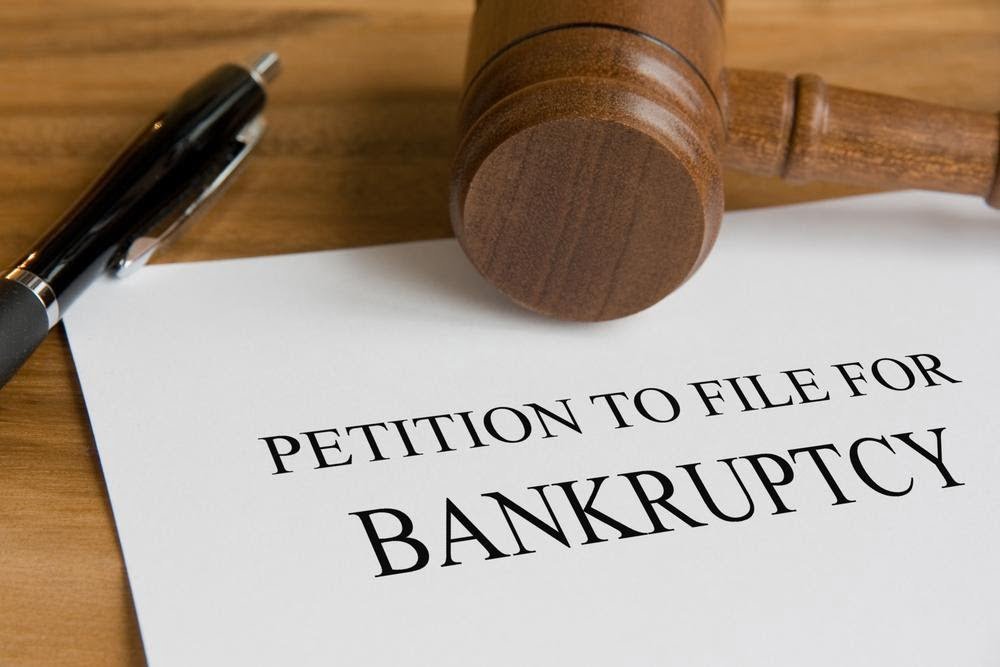Staying financially afloat can be a challenge at the best of times and Singapore’s COVID-19 circuit breaker has made it even harder for people to make ends meet. The severe but ultimately necessary restrictions have prevented total economic collapse and eased the spread of the pandemic, but it hasn’t been without its toll. Closure of non-essential businesses, bans on large gatherings and restricted allowances for restaurants and takeaways are just some of the measures that have put livelihoods at risk.
Bankruptcy is the elephant in the room for many Singaporeans grappling with financial uncertainty: applications surged in the early stages of 2020 and countless others have considered it. But while it is an unfortunate reality faced by many individuals and businesses, it’s a commonly misunderstood concept that doesn’t necessarily spell the end of the world.
What does “bankruptcy” mean?
Bankruptcy is a term most of us loosely understand, but not many people have a firm grasp of what it actually means – especially amidst the uncertainty of a pandemic. Essentially, bankruptcy is when an individual or a business owes more money than what they can pay. The party concerned can file for bankruptcy themselves, or a creditor who is owed money may file on their behalf if a debt is not being paid.
What happens when someone files for bankruptcy?

Firstly, the debtor engages a commercial lawyer to assist with filing for bankruptcy and their eligibility will be determined based on a number of factors we’ll touch on below. A court-appointed Official Assignee (OA) will then examine their estate and divide any money and assets between creditors in an effort to settle the debt. If money is still owed, the OA may establish a debt repayment scheme under which the debtor is bound to make monthly payments within their means until the debt is settled. In this case, your income and basic needs will be taken into account so you can make payments within your means.
How has this changed under COVID-19?
Prior to the COVID-19 circuit breaker, bankruptcy could only be filed for in Singapore if the debt was at least $15,000 (for individuals) or $60,000 (for businesses). Debtors also only had 21 days following a statutory demand – a formal warning from a creditor that legal action will be taken if the debt isn’t settled – to either pay it back or come to an agreement.
Under the COVID-19 (Temporary Measures) Act 2020 (the COVID-19 Act), the debt threshold has been increased to 60,000 for individuals and $100,000 for businesses until 19 October 2020. Statutory demand has also been expanded from 21 days to 6 months.
What these changes mean is that debtors now have more time and breathing room to settle debts before a creditor can petition for bankruptcy.
How can filing for bankruptcy be a good thing?

No one wants to find themselves in a situation where they can’t repay debt, but filing for bankruptcy in such circumstances prevents further harm and provides an invaluable opportunity to recover. The main advantages of filing for bankruptcy include:
- Creditors are no longer allowed to charge interest, meaning your debts will be frozen at their current amount and prevent you from snowballing further into debt.
- The OA will set your monthly contribution to repay the debt based on your income and basic needs. This ensures you can continue to look after yourself and your family while making payments within your means.
- Creditors are unable to take legal action against you for any debts within the bankruptcy order.
As you can see, there are several reasons you may choose to voluntarily file for bankruptcy and take the opportunity to recover before the situation gets any worse.
Tembusu Law can help make filing for bankruptcy as painless as possible. Chat with our experienced corporate lawyers in Singapore to find out how we can guide you through the process.